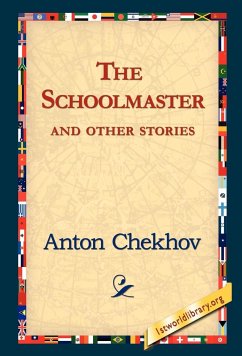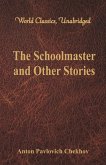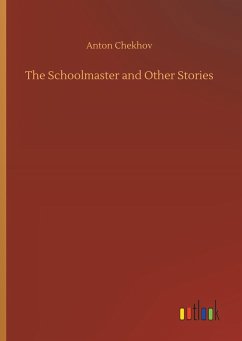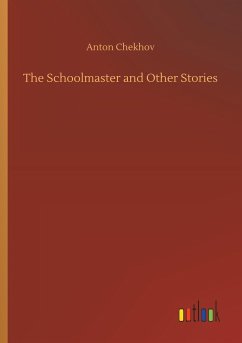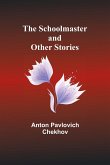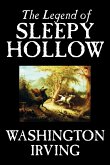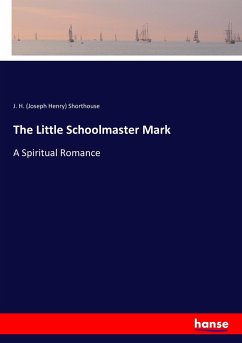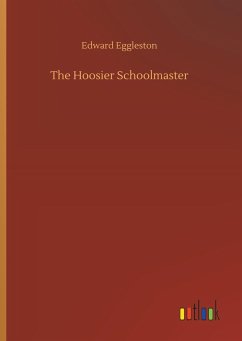FYODOR LUKITCH SYSOEV, the master of the factory school maintained at the expense of the firm of Kulikin, was getting ready for the annual dinner. Every year after the school examination the board of managers gave a dinner at which the inspector of elementary schools, all who had conducted the examinations, and all the managers and foremen of the factory were present. In spite of their official character, these dinners were always good and lively, and the guests sat a long time over them; forgetting distinc-tions of rank and recalling only their meritorious labours, they ate till they were full, drank amicably, chattered till they were all hoarse and parted late in the evening, deafening the whole factory settlement with their singing and the sound of their kisses. Of such dinners Sysoev had taken part in thirteen, as he had been that number of years master of the factory school.
Hinweis: Dieser Artikel kann nur an eine deutsche Lieferadresse ausgeliefert werden.
Hinweis: Dieser Artikel kann nur an eine deutsche Lieferadresse ausgeliefert werden.

